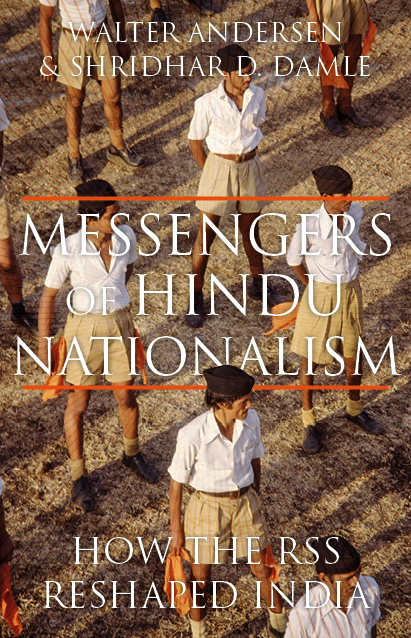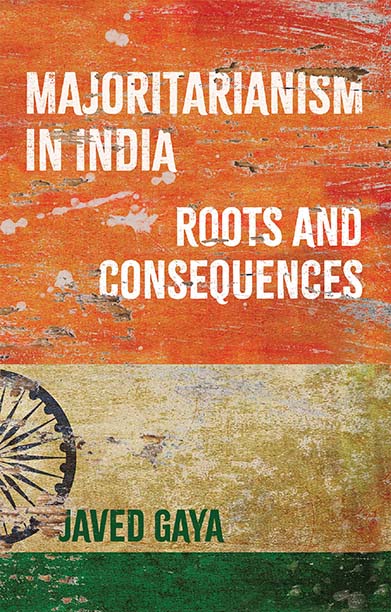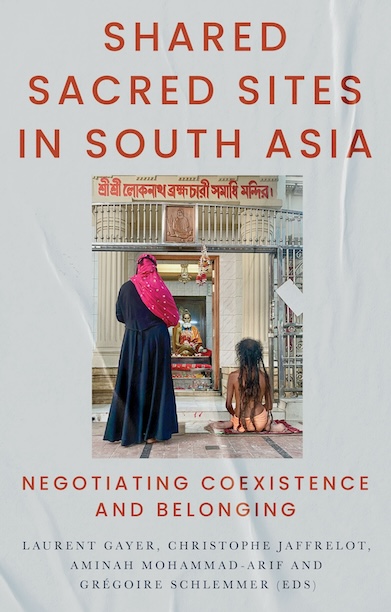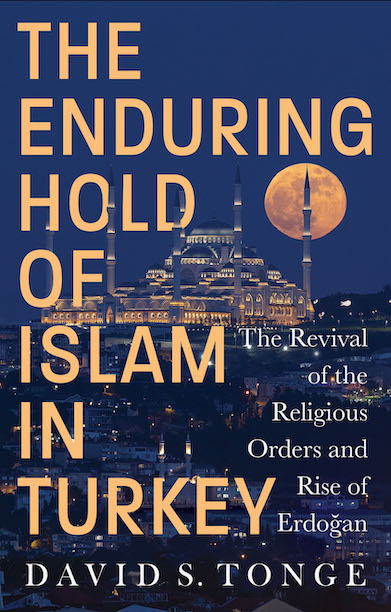Messengers of Hindu Nationalism
How the RSS Reshaped India
Charts the inexorable, long-term political objectives of the world’s largest nationalist organisation, and its desire to re-engineer Indian society
Description
The Rashtriya Swayamsevak Sangh (RSS) is a Hindu nationalist volunteer organisation. It is also the parent of India’s ruling Bharatiya Janata Party. Prime Minister Modi was himself a career RSS office-holder, or pracharak. This book explores how the RSS and its affiliates have benefitted from India’s economic development and concurrent social dislocation, with rapid modernisation creating a sense of rootlessness, disrupting traditional hierarchies, and attracting many upwardly mobile groups to the organisation.
India seems more willing than ever to accept the RSS’s narrative of Hindu nationalism––one that seeks to assimilate Hindus into a common identity representing true ‘Indianness’. Yet the RSS has also come to resemble ‘the Congress system’, with a socially diverse membership containing a distinct left, right and centre. The organisation’s most significant dilemma is how to reconcile the assault from its far right on cultural issues like cow protection with condemnations of globalisation from the left flank.
Andersen and Damle offer an essential account of the RSS’s rapid rise in recent decades, tracing how it has evolved in response to economic liberalisation and assessing its long-term impact on Indian politics and society.
Reviews
‘Readers get a valuable guide to the recent success of the RSS in permeating virtually every field of Indian life … Probably the most revealing and prescient insight [is] how far Hindutva feels threatened by seccessionist movements in Muslim-majority Kashmir and the Christian-majority Northeast.’ — Times Literary Supplement
‘This is an important and quite detailed account of how the intellectual super-structure of Modi’s government works, and where one can expect tensions in the future … it will be hard to find a better telling of this story.’ — Survival: Global Politics and Strategy
‘This book is a welcome addition to the growing literature on Hindutva politics.’ — Commonwealth & Comparative Politics
‘A manual on the functioning of the RSS over the last three decades … It allows the critical reader to understand what the RSS wants the people to think of it. And it, though perhaps not unwittingly, brings to the fore the contradictions between what the organisation professes it is or what it wants to be, and what it actually is.’ — Financial Express
‘Walter Andersen is, perhaps, the only scholar to have observed, or studied, the Rashtriya Swayamsevak Sangh (RSS) for nearly five decades.’ — The Indian Express
‘While not saying so explicitly, the book captures a fundamental aspect of the RSS: the focus on the long-term goal of Hindu consolidation while maintaining tactical flexibility.’ — The Hindu
‘Possibly the most interesting chapter is on the debate within the Sangh Parivar on “Economic Self-Sufficiency”. The conflict between the BJP’s ideas of global capitalism and the more socialist and India-centric notions of the RSS and its trade unions and affiliates is laid out for the reader, with examples of back and forth negotiations and compromises.’ — The Hindustan Times
‘An important book… [that] provides detailed insights into the RSS by exploring the organisation’s world view.’ — Contemporary South Asia
Author(s)
Walter Andersen is Professor of South Asia Studies at Johns Hopkins School of Advanced International Studies. He previously served as chief of the US State Department's South Asia Division in the Office of Analysis for the Near East and South Asia.
Shridhar D. Damle is a scholar of Indian politics based in the USA.






